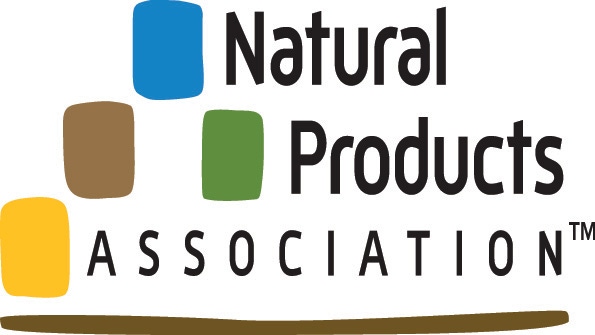Association urges agency to better educate health care providers and clarify message on probiotic issue.
December 25, 2014

NPA sent the following letter to the Food and Drug Administration (FDA) Dec. 23:
Subject: Regarding FDA MedWatch alert
Dear Ms. Sharon Natanblut,
As the nation’s largest and oldest trade association representing the dietary supplement and natural products industry, the Natural Products Association (NPA) was troubled by a recent MedWatch alert from the Food and Drug Administration (FDA): Risk of Invasive Fungal Disease in Immunocompromised Persons Given Dietary Supplements Formulated to Contain Live Bacteria or Yeast. There are various points throughout this alert that must be clarified to ensure health care professionals and consumers are fully educated on this topic.
First, the overall matter at hand appears to be an issue related to the Good Manufacturing Practices (GMP) of a single lot from a single product. The safety alert seems to castigate the entire probiotic industry that labels their products as “dietary supplements.” The finding of Rhizopus oryzae mold is a GMP concern that should be brought up with the manufacturer of the lot and line of product. It does not and should not affect the rest of the industry and other products sold as live bacteria or yeast.
Additionally, dietary supplements are not designed to be taken by immunocompromised persons or any other patient population. Federal regulations require dietary supplement manufacturers to expressly state in the products’ disclaimer that they are not to diagnose, treat, cure or prevent any disease. Dietary supplements are to be taken by healthy individuals to supplement their diet and enhance their health. While certain hospitals have dietary supplements on their formularies, they are administered at the discretion and direction of a patient’s health care provider.
The product discussed here was given to a patient in a critical care setting, and was not purchased and used by the millions of consumers that safely take dietary supplements each day. Therefore, the messaging in your alert that aims to raise consumer concern is unwarranted, as the product was not obtained through traditional consumer channels. An Agency for Healthcare Research and Quality’s (AHRQ) 2011 report titled “Safety of Probiotics to Reduce Risk and Prevent or Treat Disease” is oft cited as the document used to help clinicians make informed decisions regarding off label use of probiotics to treat their patients. Guidance reports such as this will often recommend certain probiotics to treat disease or replenish bacteria lost as a result of antibiotic use. However, it should be noted that probiotic supplements are not approved drugs, and they are administered off label to unhealthy and sometimes critically ill patients. These are not the intended target populations (i.e., immunocompromised patients) for dietary supplements, nor do the products make claims to treat or prevent bacterial illness, clostridium difficile toxin or septicemia in immunocompromised hosts. Clinicians will use probiotic supplements at their own clinical judgment to achieve an intended outcome to mitigate morbidity and mortality. Off label use of a probiotic supplement product has no bearing on the actual safety of the product. Product safety is achieved through implementation of the dietary supplement GMP regulations, enforced by the FDA. Dietary supplement GMPs cover testing for contaminants in products such as fungal growth.
In 2012, there was a total of 64 people who died of fungal meningitis as a result of being injected by a drug containing a contaminated, preservative-free steroid. The issue here involved a fungal contaminant as well, but messaging from the agency at the time shed light on the drug GMP compounding issue that occurred, and did not castigate all injectable steroid drugs for being problematic because they could cause fungal meningitis in patients requiring steroid therapy. Why isn’t the same messaging being applied here to suggest that this was a dietary supplement cGMP issue, and it in no way reflects the entire probiotic, live microbial and yeast dietary supplement industry in a broad manner?
NPA asks that the FDA adjust this alert based on the concerns we’ve raised here. As it currently stands, this notification does not properly serve health care professionals or consumers, as it leaves out vital information needed to make educated decisions about dietary supplements, paints all supplements as not meeting proper standards and creates a notion of fear around these products. The agency carries out an important service by issuing these alerts, but please ensure they contain all the facts so the public can benefit from the information that is provided and intended to keep it safe.
Sincerely,
Lauren Cohen
Vice President, Public Relations & Communications
Natural Products Association

You May Also Like


